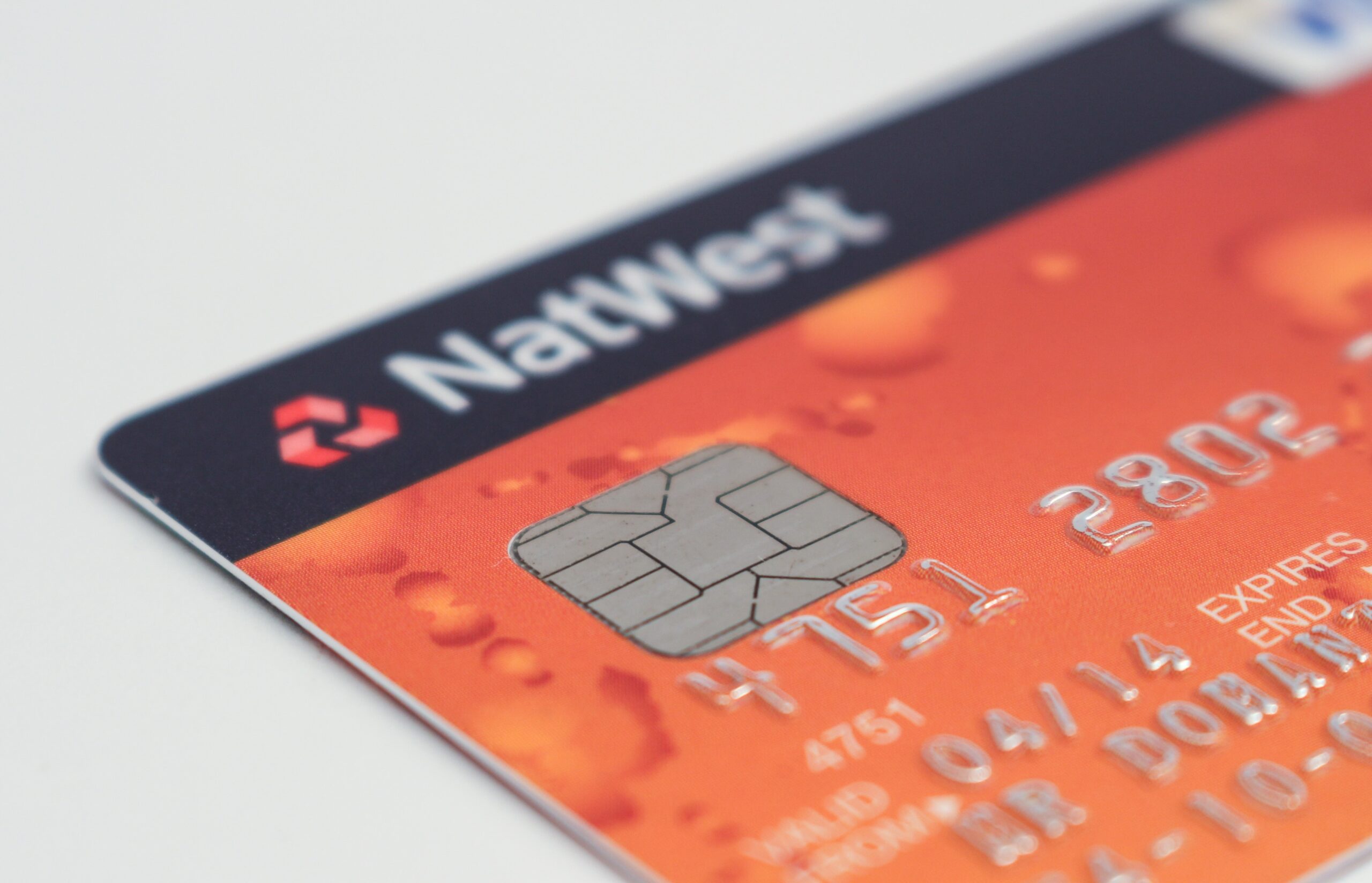Becoming debt free is a goal many people have. This is because having debt is stressful for your mental health. Further, repeated calls from creditors can have an effect.
With so many debt management strategies out there, it’s hard to know where to begin.
This blog will I will outline 5 strategies. What’s important is that you pick a method that fits your particular circumstances.
Debt Free and Emergency Funds
To begin, make sure you have enough money pay for essential living expenses. Those expenses include rent and utilities. The money that’s left over can be used to pay debt.
Secondly, you need to have enough money placed aside for an emergency. If an emergency expense arises, such as your boiler breaking down, you need to be able to pay for this without using credit. It also stop you from going further into debt in the event of an emergency.
When I was tackling my debt, I saved a £1000 emergency fund. It came in handy because during that time, I encountered several emergencies.
Having the emergency fund put my mind at ease, as I didn’t have to stress or go into further debt to pay the excess. The amount in your basic emergency fund will differ depending on your individual circumstances. Dave Ramsey recommends having a £1000 started emergency fund.
Here are 5 strategies that can be used to become debt free.
1. Debt Avalanche
Debt Avalanche is a strategy where you list of your debts in order of interest rate, from highest to the lowest.
You pay as much money as possible to the debt which has the highest interest first, as this debt will be the most expensive. You continue making minimum payments on the other debts at the same time.
Once the debt with the highest interest is paid off, you move on to paying the one with the second highest interest and so forth.
The Debt Avalanche method can be psychologically de-motivating because you are not able to immediately see the progress you are making. However, you pay debt off faster. This is because you end up limiting the amount of interest you pay.
Limiting the amount of interest paid is important because otherwise, the interest compounds. The compound interest is bad because it only increases the debt.
2. Debt Snowball
With Debt Snowball, you start off by listing your debts in order from smallest to largest. You then pay the most amount of money to the smallest debt, whilst making minimum payments on the others.
After paying off the first debt, you then take that money and you use it to tackle the next highest debt. You continue doing this until the largest debt has been paid.
This method is good because clearing the small debts can make you feel motivated to continue with your debt-free journey. A disadvantage is that it may take longer to become debt free if a larger debt has a higher interest rate.
For Example, your debts may look like this:
- £500 Overdraft that charges 1.2% interest
- £3000 Car loan that charges 12.5% interest
- £7000 Credit Card that charges 19.9% interest
If you pay these debt in order, you end up paying more debt in the end. This is because debt with higher interest rates will increase in that time.
3. Debt Management Plan (DMP)
A Debt Management Plan is used when you can’t afford to pay the amount originally agreed to your creditors. With a DMP, you can make reduced monthly payments towards your debts.
Setting up a DMP is free if you use a licenced debt management company such as Payplan or StepChange. The company will contact creditors on your behalf and negotiate for any interest or charges to be frozen.
To set one up, you will first have a comprehensive financial assessment with the company. You will have to create a budget. The surplus money from your budget is what will be utilised to pay debt.
You will then pay the agreed amount of money to the Debt Management Company. They will distribute money proportionally to creditors on your behalf.
DMPs can only be used to pay unsecured debts and if you don’t keep up the payments, your DMP may be cancelled. A DMP stays on your credit file for 6 years and negatively affects your credit score.
I used a DPM to pay £18,000 worth of debt.
4. Individual Voluntary Agreement (IVA)
An Individual Voluntary Agreement is a legally binding agreement between a person and a creditor that outlines a period of time for which they can pay their debts.
An insolvency practitioner is first allocated and they are responsible for appraising your financial circumstances. They Also contact your creditors and divide the money between equally between them.
A big advantage on an IVA is that any court action against you by creditors stops. However, you have to pay a set up fee and a handling fee every time you make a payment.
Also, a IVA is added to the Individual Insolvency Register but it’s taken away 3 months after the IVA ends. Lastly, if you fail to keep up the monthly payments, it can be cancelled and you can be made bankrupt by the insolvency practitioner.
5. Debt Relief Order
A debt relief order (DRO) is a way to have your debts written off. With a DRO, your debt repayments and interest are frozen for 12 months and in that time, creditors are not allowed to ask you to make payments.
Furthermore, you are not required to pay them if they ask for any money. If your financial situation doesn’t change after 12 months, then all of the debts included will be written off.
Some of the criteria that allows you to be eligible for a DRO is:
-You’re unable to pay your debts
-Owe less than £20,000.
-Not a homeowner
-Don’t have other assets or things of value
-Have little additional income
– After essential household expenses, you have less than £50 left over each month.
An advantage of a DRO is that your debt is written off without you paying.
However, it has several negative effects. For starters, it stays on your credit file for 6 years. It can also be cancelled if your financial circumstances improve within the year.
You must also tell creditors that you are on a DRO if you borrow £500 or more. Furthermore, you can’t create, manage or promote a company without the court’s permission. Lastly, you must tell anyone you do business with about your DRO.
Conclusion
Overall, there are several methods you can utilise to tackle your debts. This was by no means an exhaustive list and there are many other methods. It’s important for you to do your own research, think about the pros and cons and pick a method that suits you best.
Have you ever used any of the methods stated above? If so, how did you find it?


